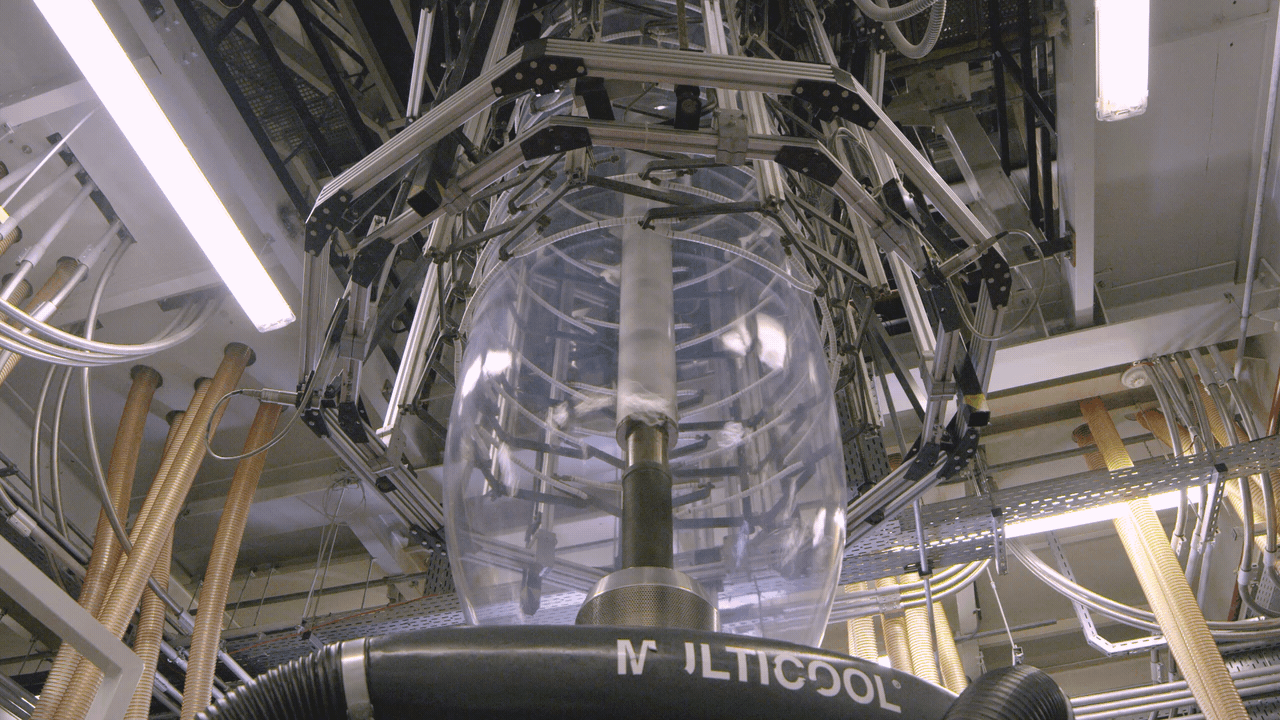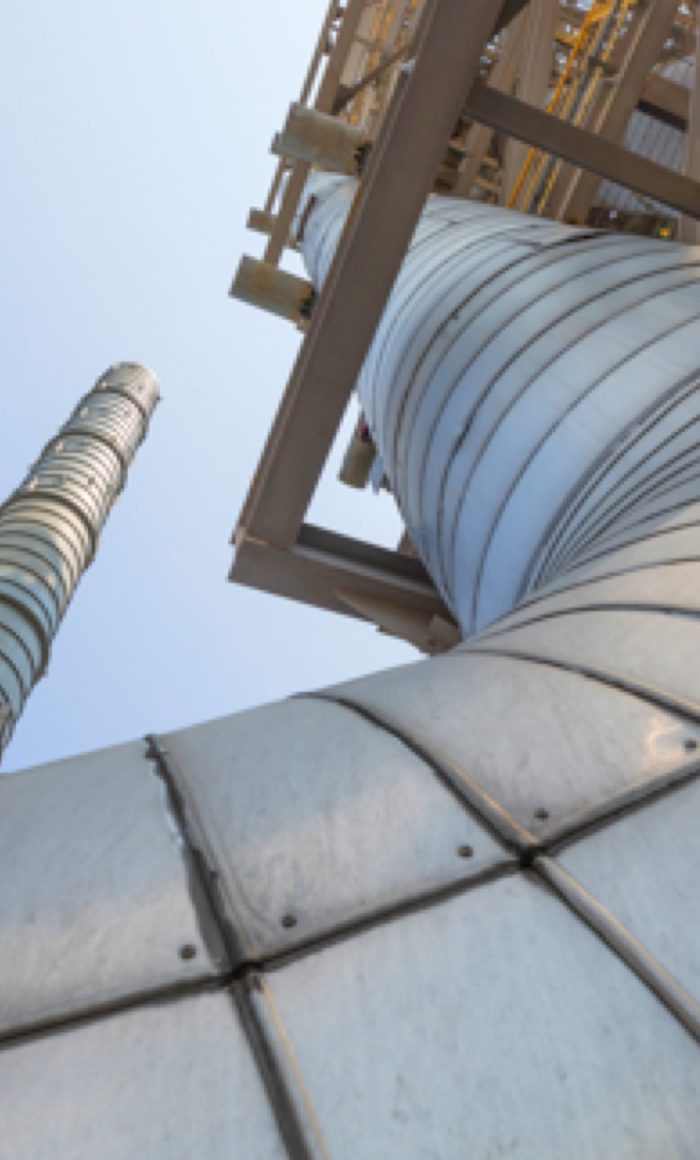To reduce the impact of plastic waste on the environment, a greater share of the products used by society will need to be recycled instead of permanently discarded. ExxonMobil recently announced three new advanced recycling initiatives that can make a meaningful impact.
Advanced recycling, also called chemical recycling, refers to technologies and processes that can enable companies like ExxonMobil to molecularly convert difficult-to-recycle plastics into virgin-quality raw material used to make a wide range of new products – and potentially repeat that process over and over again.
Imagine your discarded yogurt containers being transformed into … medical equipment for your next doctor’s appointment, and then into … the dashboard of your next fuel-efficient car. That’s a simplistic way to describe a “circular economy” where nothing is wasted, but it helps illustrate what ExxonMobil is working on.
- In Baytown, Texas, ExxonMobil completed the initial phase of a trial of a proprietary process for converting plastic waste into raw materials to make high-value polymers. Pending successful completion of the trial’s next phase, we plan to market commercial volumes of “certified circular” polymers later this year. We also intend to use the trial results to scale up advanced recycling capabilities at our other chemicals facilities around the world, which are integrated with our broader downstream operations and therefore offer important economies of scale that keep costs down.
- In France, ExxonMobil signed an agreement to build a 30,000-tonnes-a-year advanced recycling project next to our Notre Dame de Gravenchon (NDG) plant. We will buy recycled material from the plant – to be built and operated by Plastic Energy, a chemical recycling company – then convert the material via pyrolysis into a feedstock for our NDG plant. Start-up is expected in late 2022.
- ExxonMobil became a founding member of Cyclyx International, a joint venture that is developing systems to aggregate and pre-process plastic waste so it’s ready for recycling. Cyclyx aims to fill what is currently a “missing link” between waste companies and recyclers, thus enabling efforts to achieve advanced recycling at scale. ExxonMobil holds a 25% equity interest in Cyclyx.
Our initiatives in Baytown and Notre Dame de Gravenchon mark the first time ExxonMobil has incorporated advanced recycling at a petrochemical facility. We are excited about these initiatives and others to follow.

Karen McKee, President of ExxonMobil Chemical Company says advanced recycling can reduce plastic waste.
It’s not an exaggeration to say that plastics made from petrochemicals are the building blocks of modern life, used in everything from protective medical equipment to food preservation wrap to kitchen appliances to car parts. (Did you know that today’s cars are about 50% plastic by volume, which is why they are lighter and more fuel-efficient than in previous generations?) Plastics also have a smaller carbon footprint than traditional materials like paper, steel and glass.
But right now, less than 10% of the world’s plastic production gets recycled – and that needs to change.
Advanced recycling could enable society to recycle a broader range of products versus traditional mechanical recycling (which involves grinding discarded plastic and melting it together with new plastic). Unlike traditional mechanical recycling, advanced recycling can transform more types and qualities of plastics into a broader range of valuable products while still emitting fewer greenhouse gases than incineration. And unlike traditional recycling – where each round of recycling degrades the plastic – there are no evident technical limitations regarding how many times a plastic product can be put through advanced recycling processes.
ExxonMobil is leveraging its expertise in research and development and molecule management to develop options for integrating advanced recycling solutions at our petrochemical facilities.
We also are working with others to help find solutions, because with a global challenge like plastic waste, cooperation is crucial. In 2019, ExxonMobil was a founding member of the Alliance to End Plastic Waste, the world’s most significant organization of business and nonprofit partners to help address plastic waste. Membership has since grown to nearly 50 organizations that have collectively committed more than $1 billion to develop safe, scalable and economically viable solutions.
These efforts are part of a broader commitment by ExxonMobil to meet the world’s need for energy and materials while reducing environmental impacts and helping our customers reduce theirs.
No plastic products should end up as litter, either in our oceans or anywhere else in the environment. Plastic is too valuable and too versatile to waste. ExxonMobil will continue to work collaboratively with industry, governments, non-governmental organizations and consumers to encourage appropriate recycling, reuse and recovery of plastic waste. And we will continue to expand our efforts in advanced recycling and other new technologies to help tackle this important issue.
For more information, I encourage you to read ExxonMobil’s Sustainability Report or visit www.endplasticwaste.org.
By Karen McKee, President of ExxonMobil Chemical Company




